In an age where sustainability meets innovation, paper cups have emerged as a leading alternative to plastic and Styrofoam disposables. Behind this growing trend lies the technology and expertise of a paper cup making machine manufacturer—a critical player in the transformation of how the world consumes beverages, promotes hygiene, and reduces waste.
As demand for single-use yet biodegradable products skyrockets, investing in high-quality paper cup-making machinery isn’t just smart—it’s necessary for businesses aiming to be future-ready. In this blog, we’ll explore the role of a paper cup machine manufacturer, key features of the machines, and what to look for when choosing the right partner for your packaging venture.
Why Paper Cups Are Booming in Demand
The global shift toward sustainable packaging and plastic bans in many regions has led to a spike in the demand for eco-friendly disposable products, especially paper cups. These cups are:
- Biodegradable and recyclable
- Ideal for hot and cold beverages
- Used across cafes, offices, restaurants, hospitals, and events
- Safe for food contact
As a result, entrepreneurs and manufacturers are increasingly seeking reliable paper cup making machines to cater to this growing market.
What Does a Paper Cup Making Machine Manufacturer Do?
A paper cup machine manufacturer designs, engineers, and supplies machines that automate the production of disposable paper cups. This includes:
- Manufacturing and assembling core machine components
- Integrating automation and control systems
- Offering custom machine capacities (60–100+ cups/min)
- Providing training, after-sales service, and spare parts
Top manufacturers also invest in R&D to improve energy efficiency, speed, and precision while supporting clients with turnkey paper cup production lines.
Types of Paper Cup Making Machines
Depending on the cup type and production scale, manufacturers offer different models:
1. Automatic Paper Cup Machine
Fully automated with high-speed production (70–120 cups/min), ideal for large-scale factories.
2. Semi-Automatic Paper Cup Machine
Requires manual intervention for some tasks; suited for startups or lower-volume production.
3. Single-Coated vs. Double-Coated Machines
Single PE coating machines are common for cold drinks, while double PE or PLA-coated cups are better for hot beverages.
4. Paper Bowl and Paper Container Machines
Advanced manufacturers also offer solutions for bowls, containers, and even customized cup shapes.
Key Features of a High-Quality Paper Cup Machine
A reputed manufacturer integrates several technical advantages in their machines:
- High Production Rate: Efficient output with minimal downtime
- Servo Motor Control: For precision in cutting and cup sealing
- Touch-Screen Interface: Easy to operate and configure
- Automatic Lubrication System: Reduces wear and increases machine lifespan
- Error Detection Sensors: Alerts for paper jam, cup drop failure, etc.
- Energy-Efficient Heating: Ensures faster forming with reduced power usage
Industries Using Paper Cup Making Machines
- Food & Beverage: Cafes, juice bars, and QSR chains
- Event Management: For catering and disposable serveware
- Corporate Offices: Hygiene-centric coffee and tea distribution
- Healthcare: In hospitals and clinics
- Retail Packaging: Custom-branded cups for marketing
What to Consider When Choosing a Paper Cup Machine Manufacturer
Choosing the right manufacturer is just as important as choosing the machine itself. Look for:
Manufacturing Experience
How long has the company been making paper cup machines? Are they exporting globally?
After-Sales Support
Do they offer remote and on-site support? Are spare parts easily available?
Customization Options
Can the machine be adjusted for various cup sizes, logo printing, or paper types?
Certifications & Compliance
Check for CE, ISO, or BIS certifications that ensure quality and safety standards.
Warranty & AMC
Always confirm the warranty period and whether the company offers Annual Maintenance Contracts.
Advantages of Investing in a Reliable Paper Cup Machine Manufacturer
- Reduced Operational Downtime
- Lower Maintenance Costs
- Better Product Consistency
- Higher Production Output
- Faster ROI (Return on Investment)
Many manufacturers even offer integrated printing solutions for custom branding, making it a one-stop packaging solution for your business.
Environmental Impact: Why This Industry Matters
Paper cup machines contribute directly to the global fight against plastic pollution. When paired with biodegradable coatings (like PLA), the paper cups are fully compostable, offering an end-to-end eco-friendly solution.
Some manufacturers are also innovating with zero-waste production lines, optimizing material usage and promoting circular economy practices.
Conclusion
In a world prioritizing eco-conscious choices, the paper cup industry stands out as a game-changer. But behind every successful paper cup brand is a dependable and innovative machine manufacturer who ensures consistency, hygiene, and scalability.
Whether you’re a new entrepreneur or an established packaging player, choosing the right paper cup making machine manufacturer can determine your success in this booming market. Look for a brand that combines engineering excellence, customer support, and sustainability-driven design—and you’re on your way to building a greener business.
FAQs on Paper Cup Making Machines
Q1: How many cups can a paper cup machine produce per day?
A high-speed machine can produce between 50,000 to 80,000 cups per day depending on the model and operator efficiency.
Q2: Can one machine make multiple cup sizes?
Yes, many modern machines allow for adjustable dies and molds to accommodate different cup sizes.
Q3: What type of paper is used?
Generally, PE-coated food-grade paper or PLA-coated biodegradable paper is used.
Q4: How long does it take to install and start production?
Installation and setup usually take 5–10 days, including staff training.
Q5: Is it profitable to start a paper cup manufacturing unit?
Yes. With the growing demand for eco-friendly disposables and relatively low operating costs, it’s a highly profitable small-scale business.

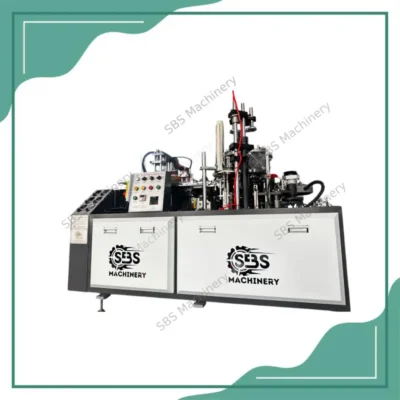
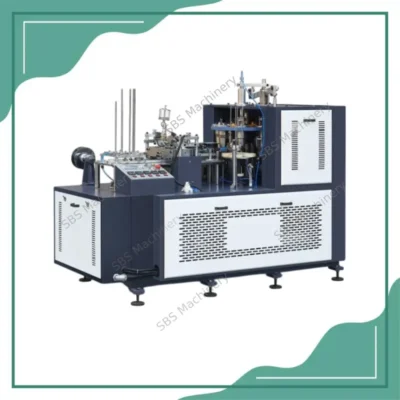
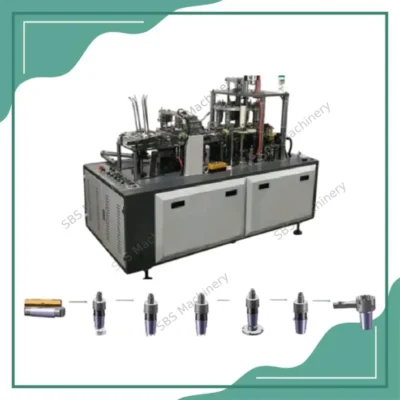









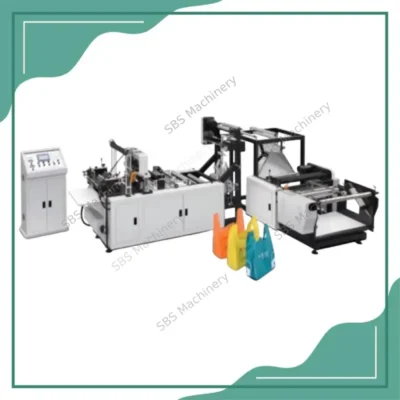

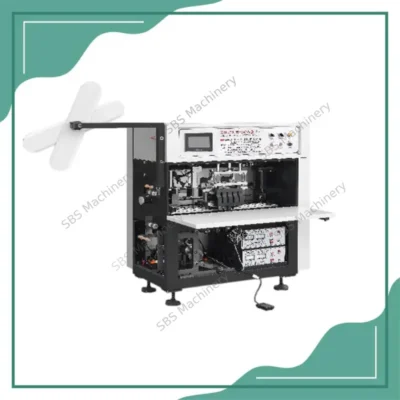
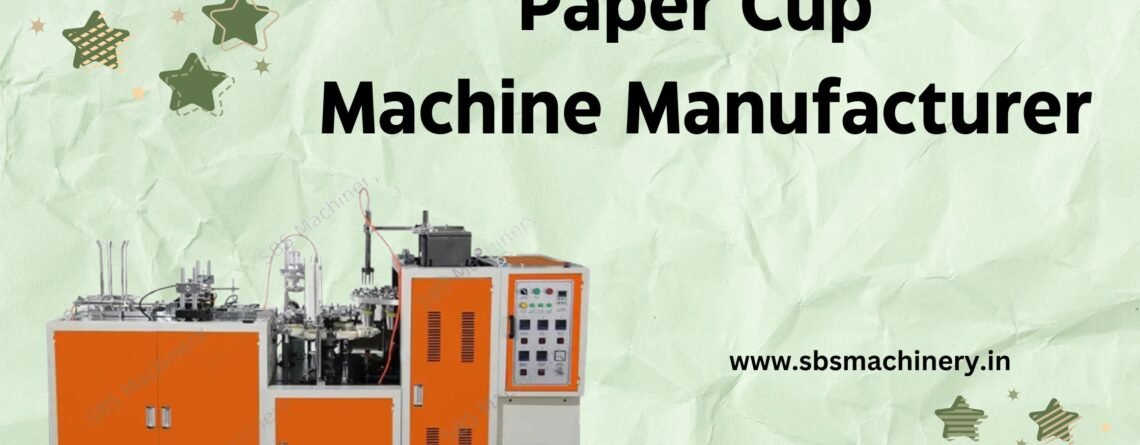




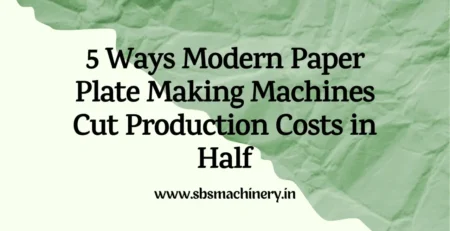

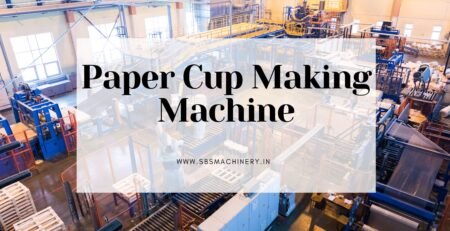


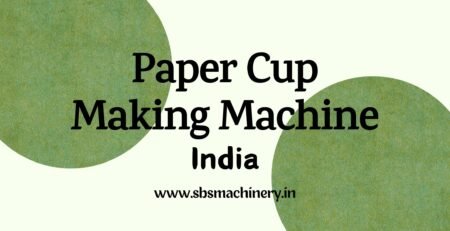

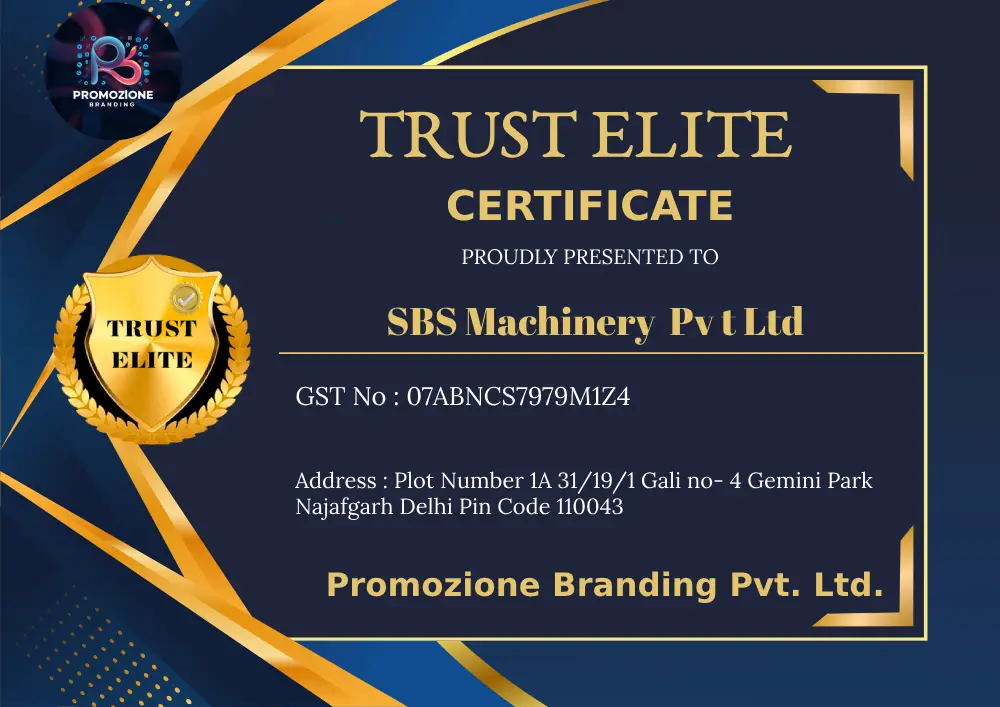
Leave a Reply